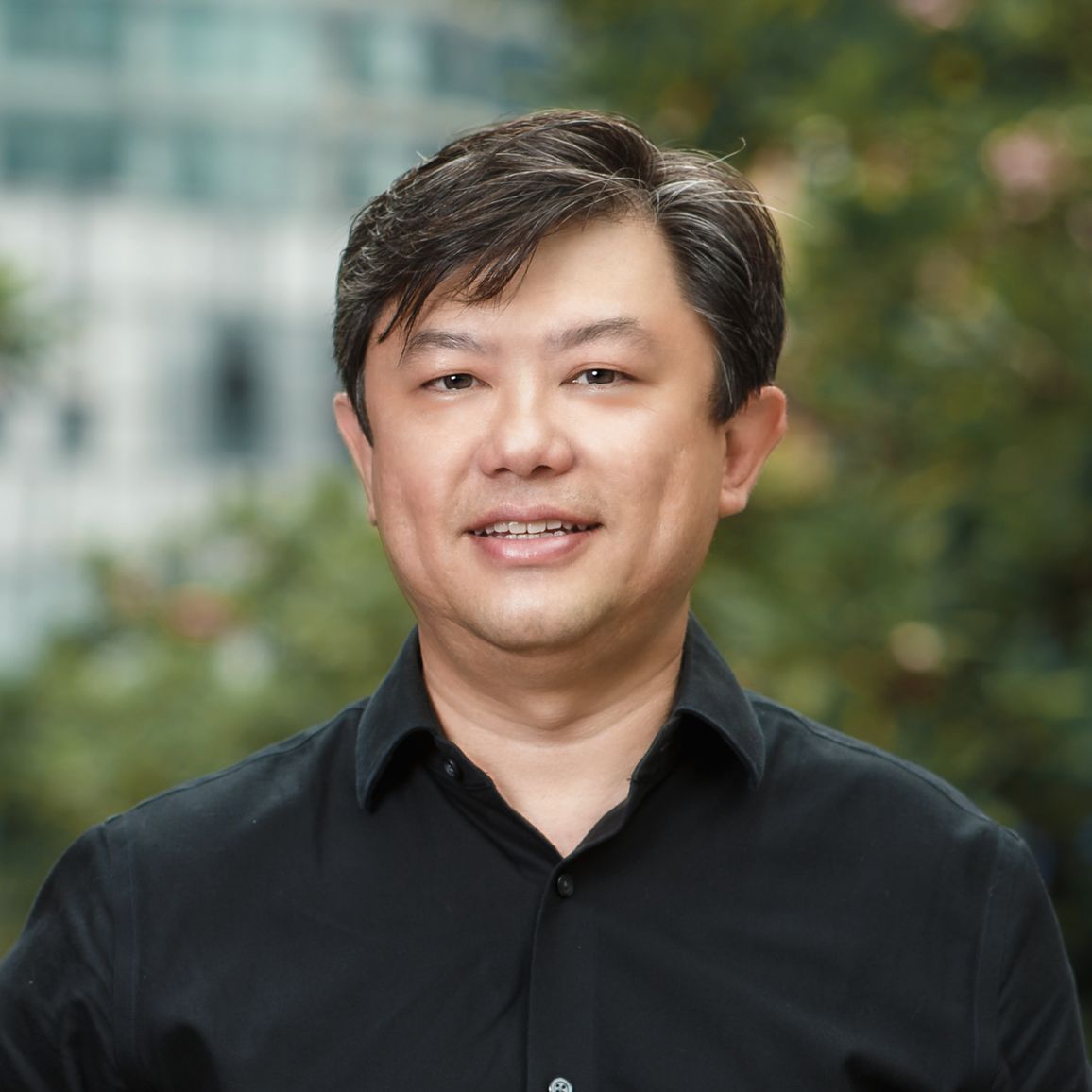Monk’s Hill Ventures & Investing into an uncertain era in Southeast Asia with Lim Kuo-Yi

Lim Kuo-Yi shares the evolution of Monk's Hill Ventures and offers his perspectives on investing into Southeast Asia for the next decade.
Fresh out of the studio, Lim Kuo-Yi, co-founder & managing partner of Monk's Hill Ventures, discuss the next evolution of the venture firm and dived into his perspectives on investing into an uncertain time across Southeast Asia. We dived deep into Kuo-Yi's background as a venture capitalist from public sector to the private sector and hear his mental model in how he indexes founders and startup teams and valuation of companies. Last but not least, Kuo-Yi reflects on how the startup ecosystem in Southeast Asia is changing after the key exits in the last decade.
"Look, I think this is a long game. A lot of times you don't see the results until you're a few years out. At the same time, the fundraising game is a very short game, which means you want the short results very quickly. So the LP sees that you are ahead of the pack in fundamentally what is a very long game. So there's a huge disconnect there. and I think the pressure has always been there to show short term results in the long term game." - Lim Kuo-Yi
Introduction
- Lim Kuo-Yi, co-founder and managing partner of Monk’s Hill Ventures (@limky , LinkedIn)
- As a first time guest on the podcast, let’s go straight to your origin story. How did you start your career?
- Given that you were the CEO of Infocomm Investments in IDA (or now IMDA), what have you learned from being a venture capitalist in the public sector vs now?
- In your career journey, what are the valuable lessons that you can share with my audience?
Monk’s Hill Ventures & Investing into an uncertain era in Southeast Asia
- I want to start the conversation on Monk’s Hill Ventures, given that I have interviewed Peng Tsin a few years back on its origin. I saw the rise of Monk’s Hill Ventures and you are definitely on track with your third fund. The first question I want to ask: How has the fund evolved from its origin to today? What are the key milestones that your team has managed to achieve to its present state today?
- What are the things that did not work out and what would you have done differently in investing and building your portfolio of companies?
- What does a day look like for you as a VC?
- What are the traits that you index for to know if you want to invest in the founding team and the startup?
- Reversing the question, what are the red flags that you would look out for?
- What are the key industry verticals that would interest you today?
- What is your mental model in thinking about valuations of the companies within this region?
- What are the interesting companies that you have worked with within your portfolio and what makes the founding team interesting there? (Name 3-5 companies)
- Recently, The Information reported that there is the flow of more VC money from China into Southeast Asia, and of course, Singapore sits between the US and China, what does it mean for the startup ecosystem in this region?
- Given that all of us have been participants in Southeast Asia for the past decade, what are your reflections on the market in general? Is there a myth of a common market or is it just countries specific strategies that startups need to think about?
- How would you advise the founders today in thinking about geographic expansion and what are the pitfalls that they have to avoid?
- Given that we have just gone from a boom to an uncertain market with money becoming more expensive today, if you will write a memo to your startups like Sequoia Capital or YCombinator, what are the key points that you would tell them in the memo?
- What does great look like for Monk’s Hill Ventures in the next few years?
Closing
- Any recommendations which have inspired you recently?
- How can my audience find you?

